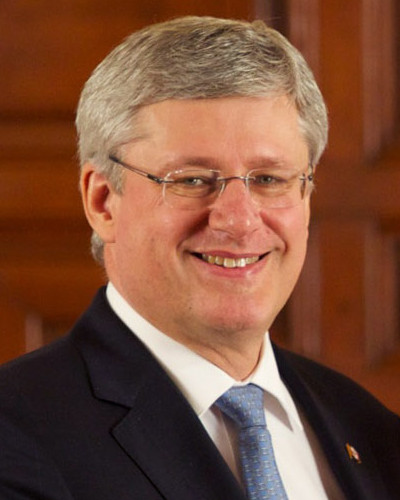The Legacy of Stephen Harper: A Look Back

Introduction
Stephen Harper served as the Prime Minister of Canada from 2006 to 2015, making a significant impact on Canadian politics and policies. His tenure is particularly relevant today as discussions around governance, economic policies, and international relations continue to evolve. Analyzing Harper’s policies and decisions can provide insights into contemporary issues facing the country.
Political Rise and Tenure
Born on April 30, 1959, Stephen Harper began his political career in the 1990s as a member of the Reform Party. After the merger with the Canadian Alliance in 2000, he became the leader of the newly formed Conservative Party of Canada. Harper led his party to victory in the 2006 federal election, becoming the 22nd Prime Minister of Canada.
Key Policies and Initiatives
During his time in office, Harper implemented several significant policies that shaped Canada’s economic landscape. One of his notable achievements was the introduction of the Economic Action Plan in response to the 2008 global recession, which focused on stimulating the economy through government spending and tax cuts.
On the international stage, Harper’s government was known for its strong stance on foreign policy, particularly in support of Israel and a commitment to NATO. Domestically, Harper’s administration faced criticism for its environmental policies, particularly regarding climate change and regulations on greenhouse gas emissions.
Controversies and Criticisms
Harper’s government was not without controversy. His administration faced pushback over issues related to transparency, including accusations of limiting access to government information. The introduction of omnibus bills and cuts to scientific research funding sparked significant debate and opposition from various groups across Canada.
Post-Premiership and Legacy
After losing the 2015 federal election to Justin Trudeau, Harper stepped down as Conservative leader. He has since engaged in various speaking engagements and has taken on roles in organizations focused on international trade and policy. Harper’s legacy remains a topic of discussion among political analysts and citizens alike.
Conclusion
Stephen Harper’s impact as a Prime Minister continues to be felt in Canadian politics and governance. His policies and the discussions they generated help inform current political debates surrounding economic management and environmental sustainability. As Canada moves forward, understanding Harper’s contributions and controversies offers valuable insights into the complexities of leadership in today’s political landscape.









